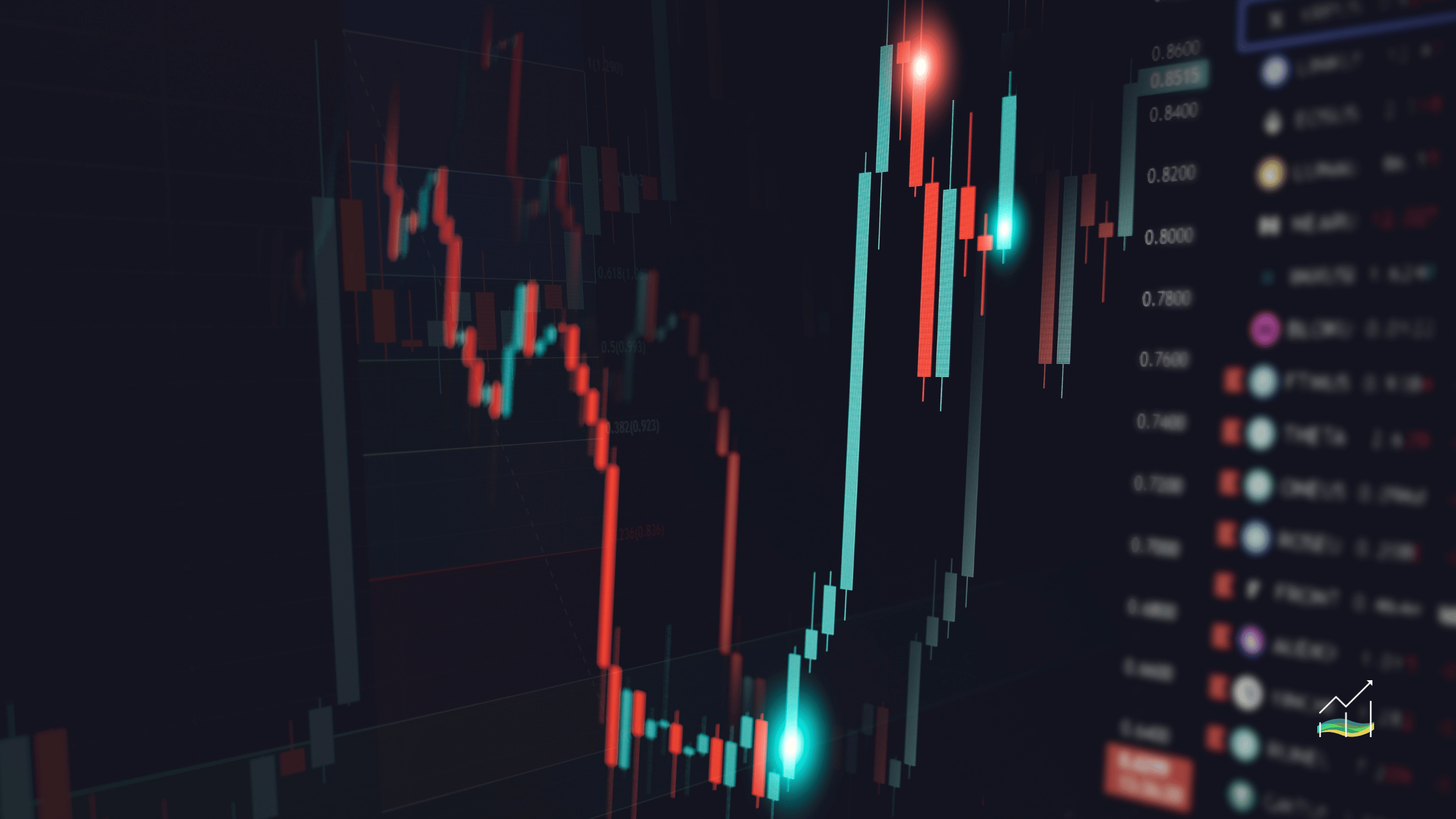12/03/2025 Traders Mindset

Understanding the Role of Dopamine in Trading Habits
Key Takeaways:
- Dopamine fuels excitement and motivation in trading.
- Winning releases dopamine, reinforcing trading habits.
- Losses can also trigger dopamine, pushing revenge trading.
- Recognizing dopamine’s influence can help manage emotions and improve trading discipline.
- Setting rules, taking breaks, and tracking emotions can reduce dopamine-driven mistakes.
Have you ever felt a rush of excitement after a winning trade? Or maybe an irresistible urge to jump back in after a loss? That feeling isn’t just random—it’s your brain’s dopamine system at work.
Dopamine is often called the "feel-good" chemical, but it’s much more than that. It plays a major role in motivation, anticipation, and habit formation. When applied to trading, dopamine can be both a friend and a foe. It can help push through challenges, but it can also lead to impulsive decisions that hurt long-term success.
So, how does dopamine shape trading habits, and what can you do to stay in control?
When a trade goes your way, dopamine floods the brain, creating a sense of reward. This can be addictive. The more wins you experience, the more your brain craves that rush, making you eager to keep trading—even if conditions aren’t ideal.
Ever had a winning streak and felt invincible? That’s dopamine convincing you that you’ve mastered the market. But markets are unpredictable, and overconfidence can lead to reckless decisions.
Losses don’t just cause frustration—they can also trigger a dopamine response. How? The brain craves the high of a win, pushing you to chase losses in an attempt to “fix” the situation. This is known as revenge trading.
One bad trade turns into another, and suddenly, logic takes a backseat. The desire to win back money overshadows smart risk management.
Why It’s So Hard to Stop

Dopamine isn’t just about pleasure—it’s about anticipation. Even the thought of placing a trade can trigger a dopamine spike, making it difficult to step away. That’s why some traders find themselves glued to screens for hours, feeling restless when they’re not in a trade.
It’s the same neurological mechanism behind gambling addiction. The brain is constantly seeking that next “hit,” whether from a win or just the excitement of taking a risk.
How to Regain Control

- Create a Trading Plan—and Stick to It: Set clear rules for entry, exit, and risk management. When emotions start taking over, rely on your plan to keep decisions logical.
- Take Breaks to Reset Your Brain: The longer you stay in front of the charts, the more dopamine-driven impulses can creep in. Schedule breaks to detach emotionally.
- Track Your Emotional Patterns: Keep a journal of your trades and note how you felt before, during, and after each one. Recognizing patterns can help you spot when dopamine is influencing your decisions.
- Use Risk Limits to Prevent Impulsive Trading: Decide in advance how much you’re willing to risk per trade and per day. This prevents the temptation to chase losses or overtrade after a winning streak.
- Develop Other Sources of Dopamine: If trading is your only source of excitement, it’s easy to fall into unhealthy habits. Find other activities that provide a dopamine boost—exercise, hobbies, or social interactions—to create a more balanced mindset.
Dopamine is powerful. It can drive motivation, but it can also lead to emotional trading. The key is awareness. By understanding how dopamine influences decisions, you can develop habits that work for you rather than against you.
Next time you feel an urge to trade impulsively, pause and ask yourself: Is this a smart decision, or is dopamine in control? Recognizing the difference can be the first step toward more disciplined, profitable trading.
© 2025 SKONE Enterprise (003319453-V). All rights reserved.
The content on this site is for informational purposes only and does not constitute financial advice.


